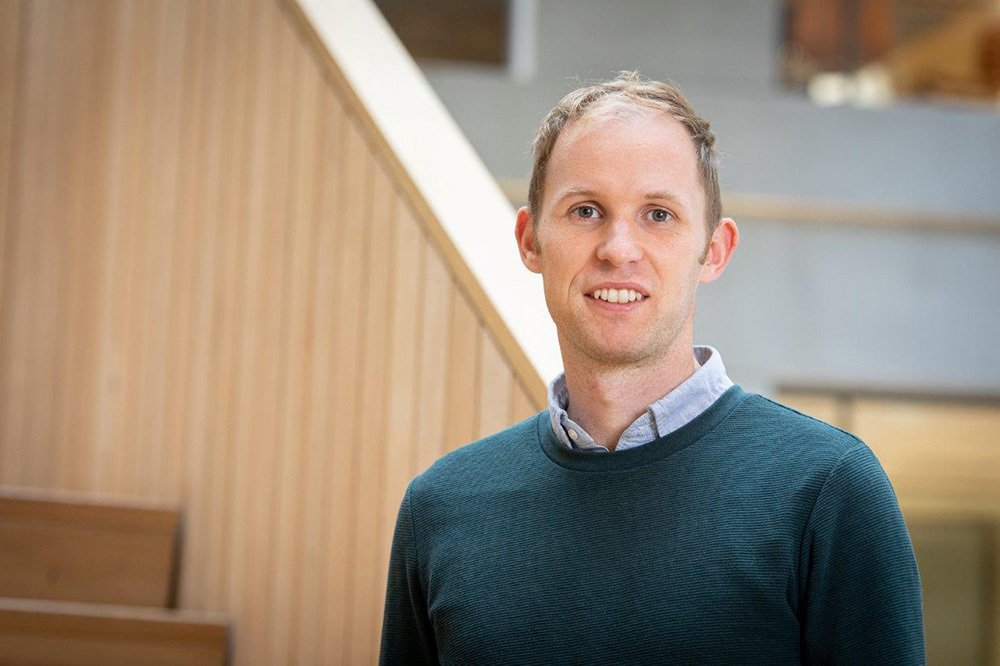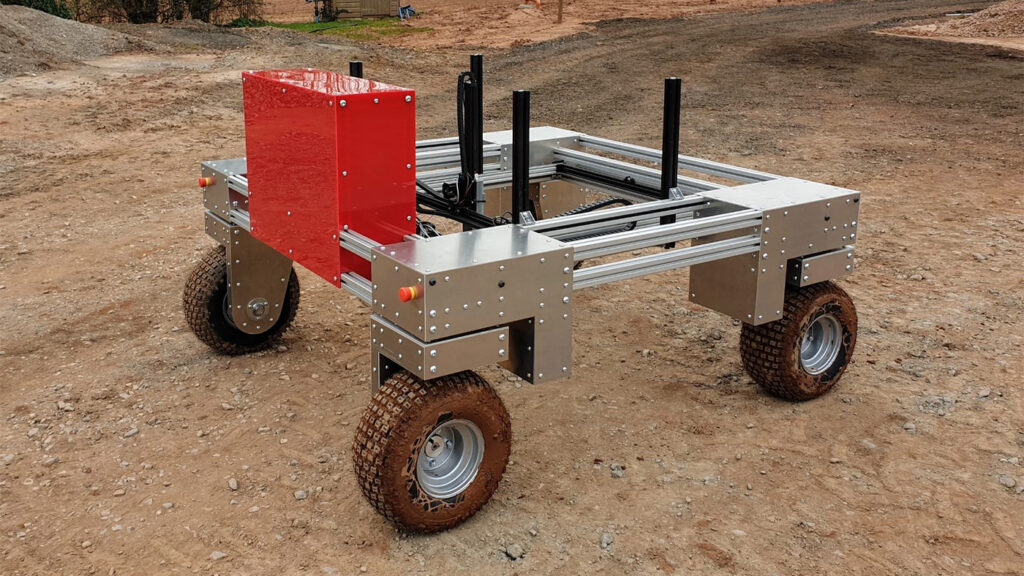StartLife is Europe’s longest running agrifoodtech start-up accelerator. Since 2010, the accelerator, that was co-founded by Wageningen University & Research, has supported over 400 start-ups that have so far raised over €185 million follow-on capital. This autumn, a third of the nine early-stage start-ups joining StartLife’s seventh acceleration program are UK-based. Muddy Machines, Glaia and Solasta Bio are developing technology in robotic harvesting, improved plant yield and organic crop protection.
All nine participating European start-ups, which also include teams from The Netherlands, Germany and Sweden, have been selected for their promising technological solutions that are designed to fix issues like food waste, pollution and decarbonization, and support sustainable food production.
In the face of a growing global population increasing food production is vital but affordability, health, accessibility and sustainability play an important role. To achieve this, we need to radically change our food supply chain. “And that’s where start-ups come in,” says Loet Rammelsberg, program director at StartLife. “The start-ups that we selected are SDG (Sustainable Development Goal)-driven and aim to contribute to sustainable agriculture and responsible food production.”

Together with its partners, which still includes Wageningen University & Research as well as venture capital firms and corporates in the food and agriculture domain, StartLife helps these early-stage start-ups to speed up their business development process towards becoming an impactful company.
Smart and novel agrifood technologies
A summary of the nine selected start-ups and their agrifood technologies:
- Muddy Machines (UK) – A new generation of lightweight precision harvesting field robots
- Glaia (UK) – Nanotechnology-based solution ‘sugar-dots’ that optimise photosynthesis and yield
- Solasta Bio (UK) – Green neuropeptide-based insect control products
- Agcurate (NL) – Accurate and rich rural intelligence for agribusiness
- Infitiv (NL) – Early-warning solution for food quality degradation and spoilage detection
- InPhocal (NL) – Sustainable & waste-free marking of food and packaging
- ReShore (NL) – Creating living breakwater: regenerative aquaculture and coastal protection
- Irriot (SE) – Wireless intelligent irrigation automation
- Crocus Labs (DE) – Disrupting the horticulture industry with smart lighting solutions
Identifying all-star start-up teams
Choosing the most promising start-ups is a challenge for any investor, in particularly when it concerns early-stage start-ups. Rammelsberg says, “It is not just about technology and impact. In the end it all comes down to how well the start-up team performs. The start-up teams we have selected are pretty diverse. Some of the founders are recent university graduates, others are renowned experts in their fields. Some start-up teams are have years of experience together, other teams are recently formed.”
Almost half of the technology start-ups selected are co-founded by women
Rammelsberg also points out that almost half of the start-up teams selected include female co-founders. This is remarkable considering that there are relatively few female tech entrepreneurs. “Gender is not a selection criterion for us, but we do appreciate diverse teams. Start-up teams with both genders are known to be more successful, show a higher return on invested capital and are built in a more sustainable way.”
Live virtual pitching event on 9 December
In the coming months, the start-ups will sharpen their business cases, improve their technologies and prepare for (further) investment. On December 9th, at 3PM CEST, the start-ups will present themselves online to a wide and global audience of investors, corporates, partners and other agrifood enthusiasts. It is an open event for which you can pre-register now.



